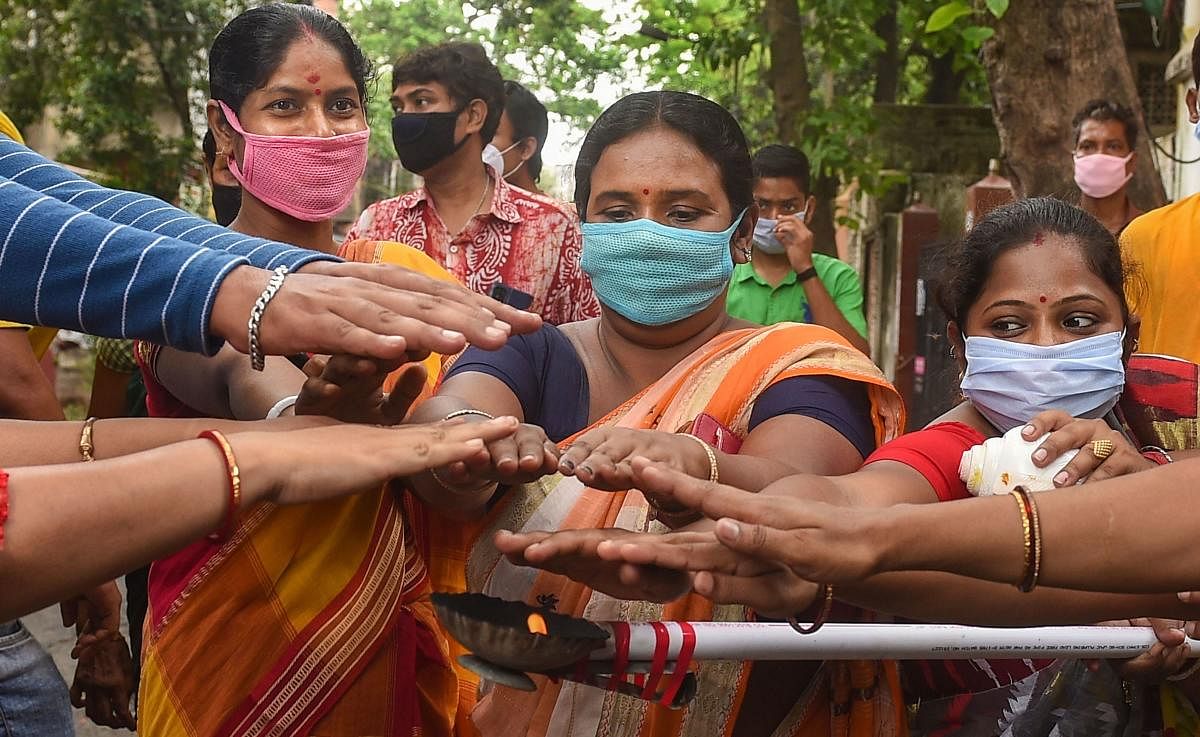
Guidelines allowing the opening of religious places from June 8 has earned a thumbs down from a noted public health expert and epidemiologist, who said that it would risk a higher number of infections in view of the greater density in such places, particularly in the elderly.
Professor and Head of Life Course Epidemiology at the Public Health Foundation of India Giridhara R Babu said it is not the most advisable thing to do at the current stage.
"First of all, religious institutions are not the most vital factor for survival, though for a lot of people, mental health is affected because of the sudden lockdown and lack of normal ways of functioning," he told PTI.
"Most of the religions have provision to worship from their houses. It is risky to open religious institutions because most of them are closed spaces, density is highest inside most places and the vulnerable like the elderly visit the most," Prof. Babu said.
The gathering of elderly together at one place along with the young and healthy ones would pose a higher risk as the latter may ignore mild symptoms and not follow the guidelines, he said.
Prof. Babu, who has worked with World Health Organisation for nearly six years, during which his efforts included stopping polio transmission in the state of Karnataka and initiation of Measles surveillance, blamed influx of people from other States for the spike in COVID-19 cases.
Giving an example, Prof Babu said Karnataka reported 248 COVID-19 cases last Friday, including 227 with inter-state travel history, especially Maharashtra.
According to him, guidelines for preventing large congregations must be clear, strict and binding throughout the country.
"The next course of infection spread mostly occurs through clusters. Among them, clusters that mix elderly and other vulnerable with healthy are more dangerous," added Prof. Babu, who is trained in Epidemiology (MPH and PhD) from University of California Los Angeles (UCLA).